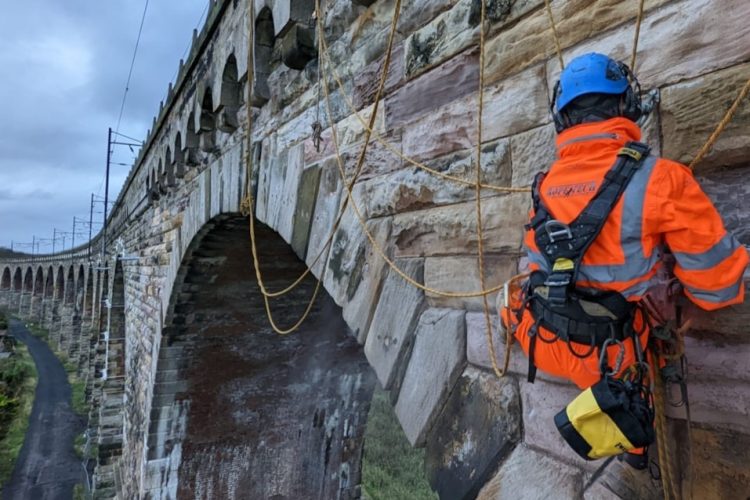Network Rail’s Eastern Region launches new partnership to streamline infrastructure improvement work over the next five years
Posted: 10 May 2024 | Emily Budgen | No comments yet
Network Rail’s Eastern Region have launched a new partnership to streamline infrastructure improvement work over a five year cycle.


The arrival of the Eastern Routes Partnership(ERP) will allow the region to award key infrastructure improvement works directly to supply chain partners throughout the railway’s new control period (CP7), championing collaboration and efficiency.
ERP will be in place for all five years of CP7, with the option to extend for up to five years from 2029 (CP8). Building this stability between the region and its partners means the supply chain will already be on-board when the work bank for CP8 is developed.
The framework also removes the need for individual procurement events. This will save valuable time, make the region’s work better value for money, and allow for earlier collaboration between the region and its partners in each project.
Fifteen suppliers are included in ERP, and each will be integral to the delivery of approximately £3.5 billion of investment in CP7. They are built into two parts:
- Generalist suppliers, which form the core partnership team, have been selected across discipline specific lots to deliver the larger, more complex projects as well as our emerging single discipline enhancements.
- Specialist suppliers have been awarded a workbank where, due to the scale or scope of the requirement, we need a smaller delivery partner with a particular specialism.
Jake Kelly, Managing Director for Eastern Region at Network Rail, said: “This launch is the culmination of two years of hard work to bring real innovation to our commercial delivery in CP7. The ERP framework is key to effectively maintaining our infrastructure to deliver a sustained improvement in train performance over the next five years.”
“It’s designed to strengthen our relationships with our supply chain partners, letting us utilise their skills and experience. ERP also lets us take a more collaborative approach by bringing our engineers, delivery teams and the suppliers together, earlier, to identify the minimum viable product.”
More Like This








